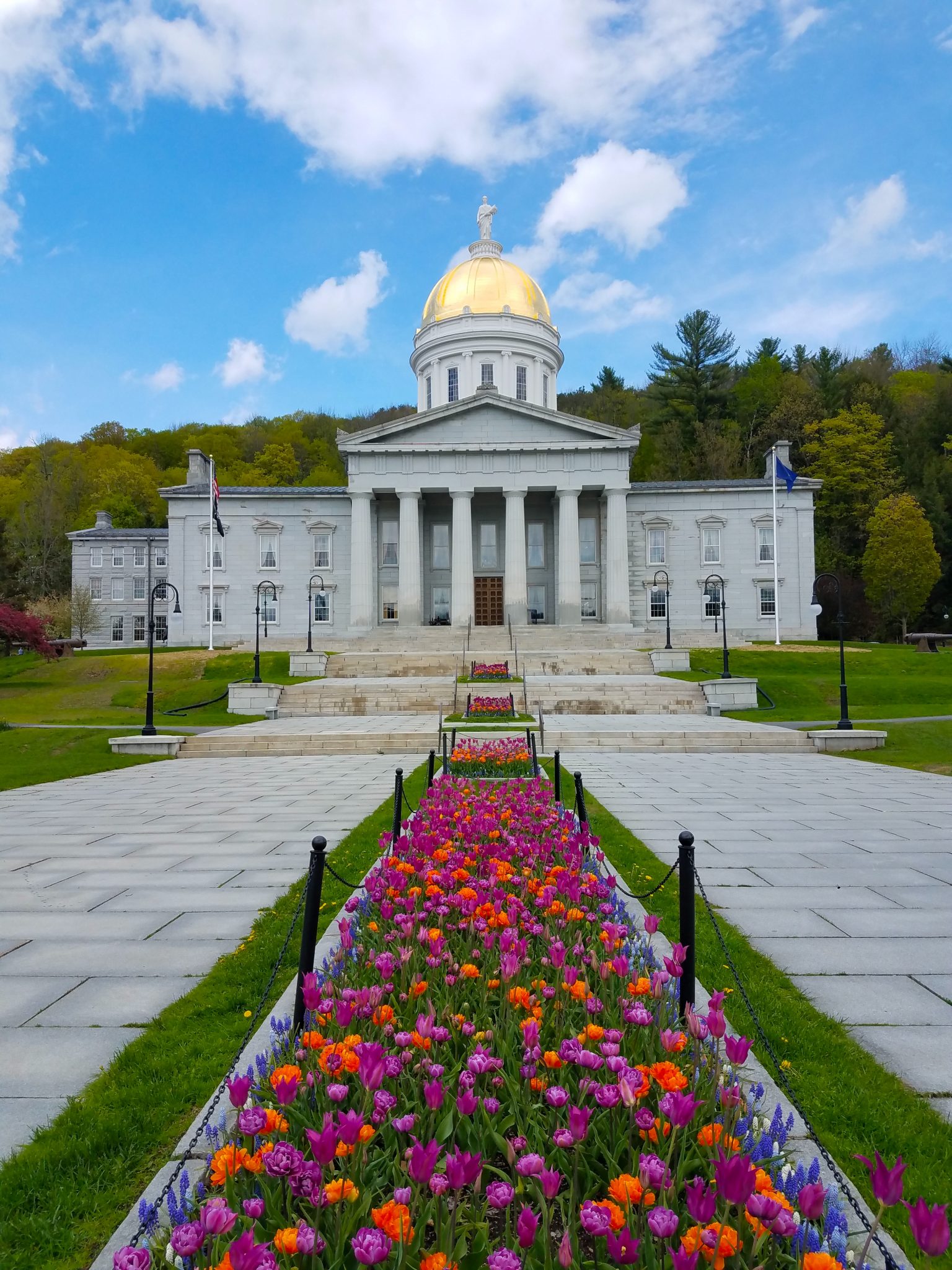There have been many bills introduced this legislative session that would help reduce Vermonters energy use, spur the market on electric vehicles, expand renewable energy deployment, turn our climate goals into commitments and take action commensurate with what’s required to drive down emissions – all aimed at creating jobs and helping low income earners participate, affordably, in the clean energy transition.
While not completely comprehensive (including new bills recently introduced in the Senate), you can find a list of many of the big energy and climate focused bills this session here.
It is important to note, however, that despite the number of bills introduced, there has not been much movement on advancing any of these bills or investments that could be made via budget appropriations or new fees/revenues.
Two areas where more action is happening are around weatherization and electric vehicles.
Weatherization: The push to reauthorize existing funding sources for low income weatherization (the Gross Receipts Tax and the current 2 cent/gallon fuel tax), took a solid step forward, with the House passing a bill that will add approximately $4 million dollars to this successful, underserved program. While the increase falls short of what Gov. Phil Scott’s Climate Action Commission recommended by about half – and much shorter of what’s needed – it was critical. And it wasn’t easy. There were several unfriendly amendments and attempts to derail the bill entirely.
The final bill – H.439 – would increase the existing fuel tax from 2 cents to 4 cents a gallon on heating fuels, raise the existing Gross Receipts Tax on natural gas from .75 to 1 percent, and from .75 to 1.5 percent on coal. Per a last minute amendment, farmers and foresters were exempted from having to pay the fuel tax – reducing the revenues that were anticipated to have been raised by about $600,000. The bill has now moved to the Senate, where they will take it up in the coming weeks – and where the conversation has already begun in the Senate Natural Resources & Energy Committee.
Please take a moment to thank House Speaker Mitzi Johnson and your representative(s), if they supported the bill (find links to the different amendments – and how people voted – here). And stay tuned to help push this forward in the Senate, where we will look to improve the bill.
Electric Vehicles, Vehicle Electrification and More Efficient Mobility:
Through the Transportation Bill – or T-Bill – and the budget, the Legislature is making a $1.5 million investment to create an electric vehicle inventive program. It’s a modest investment – but a start. It comes on the heels of $4.5 million dollars coming into the state from a consumer protection fraud settlement with Volkswagen and other auto manufacturers. Many – including low income, business, environmental, youth and others – have urged for using all that $4.5 million to help mitigate the damage from that manufacturer fraud and help Vermonters – especially low income earners – gain access to an electric or more efficient (potentially hybrid) vehicle. This has moved out of the House and the conversation – and action – is now taking place in the Senate, where there will be attempts to increase the investment.
OTHER ENERGY & CLIMATE BILLS UNDER CONSIDERATION THIS SESSION:
H.51 & S.66 – This bill would ban the expansion of new, large-scale fossil fuel infrastructure. It has been introduced in House and Senate committees of jurisdiction (House Energy and Senate Natural Resources) but, to date, there has been no hearing or action on the bill.
H.423 – This will would effectively lift the current 500 kw net metering cap per customer for municipalities and schools specifically, thereby creating the opportunity for these public institutions to generate more of their electricity needs from clean, local, renewable energy. The bill has been introduced in the House Energy & Technology Committee and hearings on it began this week.
H.462 – This bill – the Global Warming Solutions Act – would follow the lead of other New England states and turn Vermont’s unmet, 2005 climate goals into requirements. The bill has been introduced in the House Energy & Technology Committee but no hearings or action has been taken on it. A Senate bill was also recently introduced.
H.463 – This bill – The Economy-Strengthening Strategic Energy eXchange (ESSEX) Plan
– lowers the cost of clean electricity and provides rebates for low-income and rural Vermonters. The bill has been introduced in the House Energy & Technology Committee but no hearings or action has been taken on it.
H.477 – An “An act relating to a carbon charge, public transportation, tax credits, weatherization, and incentives” – also called the “Vermont Equity and Infrastructure Act” is a 10-year/$1.6 billion plan to benefit equity, the economy and the environment and put Vermont on a path to actually meet our job-creating climate goals. It is a bill on par with what will be required to meet our climate pollution reduction goals – as well as ensure that low income, rural Vermonters and Vermont communities can participate in and benefit from reducing our reliance on imported fossil fuels. The bill has been introduced in the House Energy & Technology Committee but no hearings or action has been taken on it.
There is also a coalition of 25 low-income, affordable housing, business, public health, faith, social justice and environmental groups who have put forward a Climate Action Plan 2019.




